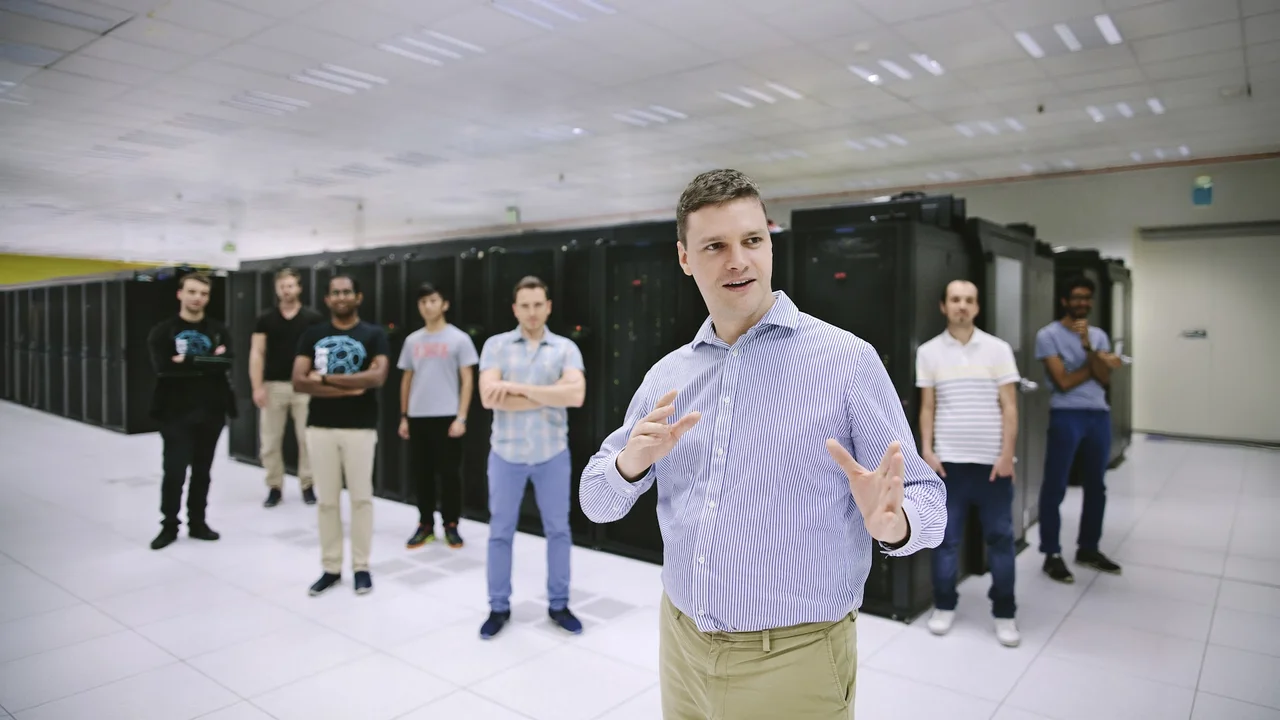
Marco Canini
Professor Canini’s research seeks to improve networked-system design, implementation and operation concerning vital properties such as reliability, performance, security and energy efficiency.
Biography
Marco Canini is a Professor of Computer Science at KAUST. He obtained his Ph.D. in computer science and engineering in 2009 from the University of Genoa, Italy, after spending the last year of his degree as a visiting student at the University of Cambridge, U.K.
He holds a Laurea Degree with Honors in Computer Science and Engineering from the University of Genoa. He was a postdoctoral researcher at the École polytechnique fédérale de Lausanne (EPFL), Switzerland, from 2009 to 2012. He then worked as a senior research scientist at Deutsche Telekom's Innovation Labs and the Technical University of Berlin, Germany, for one year.
Before joining KAUST, Canini was an assistant professor of computer science at the Université catholique de Louvain, Belgium. He has also held industry positions with Intel, Microsoft, and Google.
Research Interests
Professor Canini‘s research interests center on the principled construction and operation of large-scale networked computer systems; in particular, the development of Software-Defined Advanced Networked and Distributed Systems (SANDS).
His research spans a number of areas in computer systems, including distributed systems, large-scale/cloud computing and computer networking with emphasis on programmable networks.
Canini’s current work focuses on improving networked systems design, implementation and operation along several vital properties such as reliability, performance, security and energy efficiency.
Education
- Doctor of Philosophy (Ph.D.)
- Computer Science, University of Genoa, Italy, 2009
Related Media
Patents
STORAGE AND REPLICATION IN DISTRIBUTED COMPUTING ENVIRONMENTS
Publication number: 20170316073
Method and device for predicting faults in an IT system
Patent number: 8943354